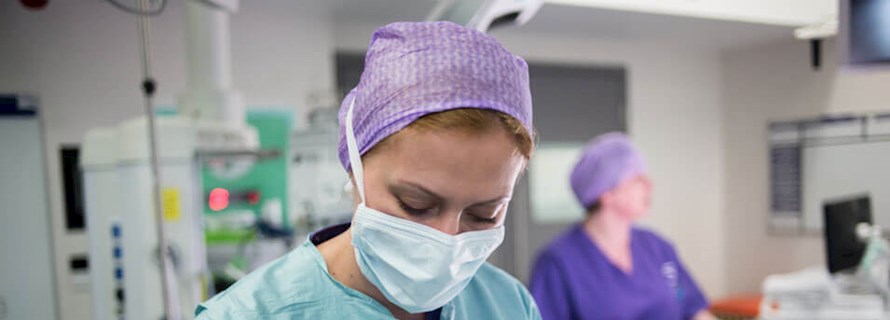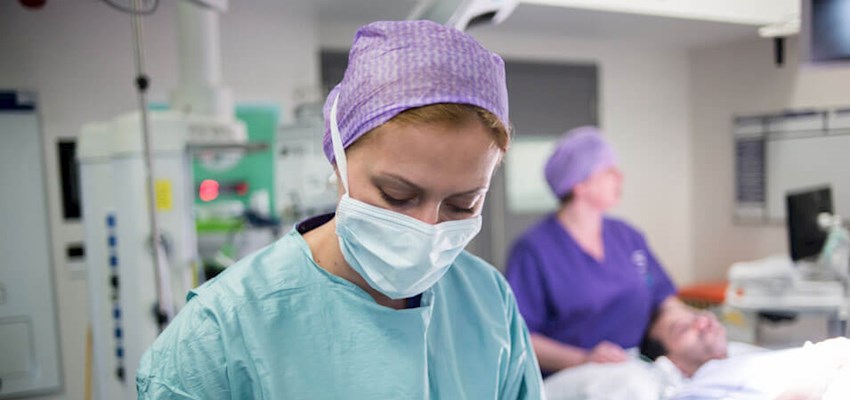Brugada syndrome
A rare but potentially serious heart disorder
Brugada syndrome is an inherited condition that affects the heart's electrical signals and can cause dangerous heart rhythms
What is brugada syndrome?
Some people with Brugada syndrome have no symptoms, but for others it can cause palpitations, blackouts or fits. In some cases, it can be fatal.
As Brugada syndrome is a genetic condition caused by a faulty gene, it is possible to be diagnosed by taking a simple heart test. We recommend doing this if the condition exists within your family.
Need to know
-
What are the symptoms of Brugada syndrome? icon plus
Often, people with Brugada syndrome don't realise they have it. You may not have any noticeable symptoms, or they may not appear until later in life. However, the condition can be serious as people with Brugada syndrome have an increased risk of ventricular arrhythmias (abnormal heart rhythms) and sudden cardiac death.
Symptoms can include:- fainting or blackouts (syncope)
- palpitations
- chest pains
- shortness of breath.
These symptoms can sometimes be triggered by a high fever, alcohol or dehydration. Symptoms seem to first appear more prevalently in people between the ages of 30 and 40, although they can still occur at any time.
-
How is Brugada syndrome diagnosed? icon plus
As Brugada syndrome can be asymptomatic (display no known symptoms) but serious, screening and early diagnosis is very important.
If you have a relative who has been diagnosed with Brugada syndrome or someone in your family who has died unexpectedly from a heart condition, your GP or consultant may recommend an ajmaline povocation test to screen for the condition. You may also have a blood screening to check for the gene related to Brugada syndrome.
-
Treating Brugada syndrome icon plus
Whilst there is no known cure for Brugada syndrome, your consultant will likely recommend ways to help you manage the condition, including positive lifestyle changes in relation to diet and exercise. You should definitely limit the amount of alcohol you drink as this can trigger a fast heartbeat. Rarely, ablation treatment may be offered.
Depending on your symptoms, you may need to have a defibrillator implanted. This device is implanted under the skin on your chest and a wire or wires connects it to your heart. It monitors your heart rhythm and can give a brief electrical shock to reset the rhythm if it becomes dangerously fast.
Our cardiologists




Our locations
From complex cardiothoracic surgery to tests and diagnostic procedures, we provide exceptional cardiac care across our network of hospitals, outpatient centres and specialist clinics.
Request a cardiac appointment
If heart symptoms are affecting your quality of life, we’re here to help. Our heart team is available to book an appointment with a cardiac specialist.
Call us today
020 7616 4988